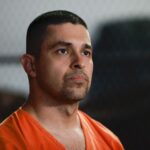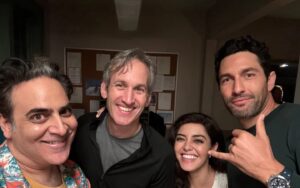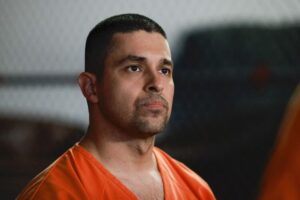I frequently find myself making misjudgments about people. While this self-awareness may contribute to personal growth, it poses challenges when serving as a juror, where accurate judgment is crucial.
Recently called to jury duty, the prosecuting attorney referenced the TV show “NCIS” during jury selection. Not being familiar with the show, I reflected on the idealized justice it portrays compared to the imperfect reality of our legal system. In reality, our courts don’t always deliver justice, with innocent individuals sometimes convicted, and the guilty occasionally walking free due to various reasons.
Juries, despite careful selection, are prone to misjudging evidence and letting biases influence decisions. When potential jurors were asked about determining a witness’s truthfulness, common responses included observing nervousness or lack of eye contact. However, personal biases can cloud these judgments.
Critical thinking skills are essential for jurors to evaluate evidence objectively. Unfortunately, over half of American adults have literacy levels below the sixth grade, impacting their ability to think critically. This raises concerns about jurors making informed decisions, especially when emotions and biases come into play.
The concept of “restorative justice” appeals to me as an alternative to traditional judgment. Restorative justice involves bringing together those affected by a crime, including the offender, victims, and community members, to encourage accountability and repair harm.
The adversarial nature of our legal system contrasts with the idea of restorative justice. Additionally, the act of swearing allegiance to an oath during jury duty contradicts my religious beliefs. Jesus’ teachings in the Bible advise against making oaths and emphasize the importance of truthful communication.
While Jesus’ teachings discourage making oaths, many Christians, including those in the legal system, continue to swear oaths on the Bible. This practice stands in contrast to Muslim representatives who, when sworn into Congress, adhere to their faith’s command to honor oaths made in the name of Allah.
Overall, the challenges of serving as a juror highlight the complexities of our legal system and the need for critical thinking skills, unbiased judgment, and considerations of alternative approaches like restorative justice.
























+ There are no comments
Add yours